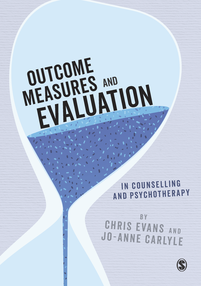Created, belatedly, 15/1/20.
As yet I have had no-one express interest in co-leading forward translations into Latvian though I have heard rumours of an unofficial, and therefore illegal translation may have been done. I have come round to feeling that the work involved in doing a translation to our standards is too much for almost anyone who is volunteering in a spirit of generosity and passion for their language. That may have worked a decade ago when everyone, including me, had a bit more spare time, but it is generally a recipe for frustration now. However, I would love to get an official and legal translation into Latvian done.
Getting a translation done does work very well as a Masters student project and would work for someone doing psychology, psychotherapy, counselling, psychiatry/medicine or linguistics. The work of both translation and empirical exploration of the quantitative psychometrics of the translation works well as a Doctoral level project.
If you are interested or in a position to offer this either yourself as a masters or doctoral student looking for a project, or, probably more realistically, as a supervisor of such degrees, and a native Galician/Gallego speaker, do contact me (CE) please as I’d be very sorry to stop my translation work without a completed translation as it’s now one of the few European languages that aren’t even started.
Tangentially: there are 24 official languages of the European Union, we have translations of all but three of those: Estonian and Irish are the other missing ones. There are also five “semi-official” EU languages (Galician/Gallego Basque/Euskera , Catalan, Scottish Gaelic and Welsh/Cymraeg). Of those Catalan and Welsh/Cymraeg translations have been completed. I’d love to get all the official and semi-official EU languages done officially and well before I finally stop doing this!

